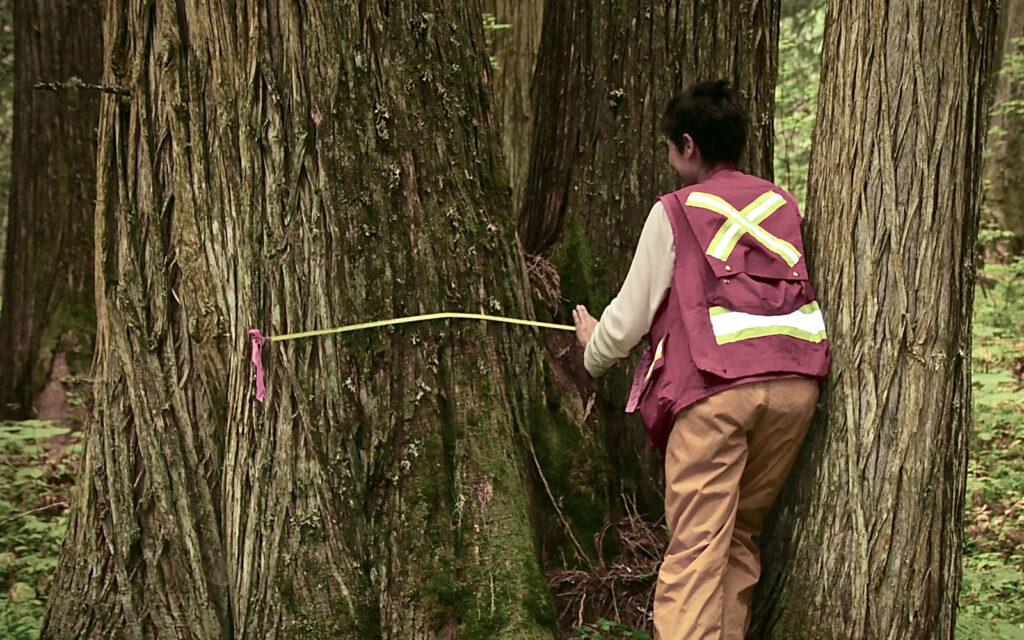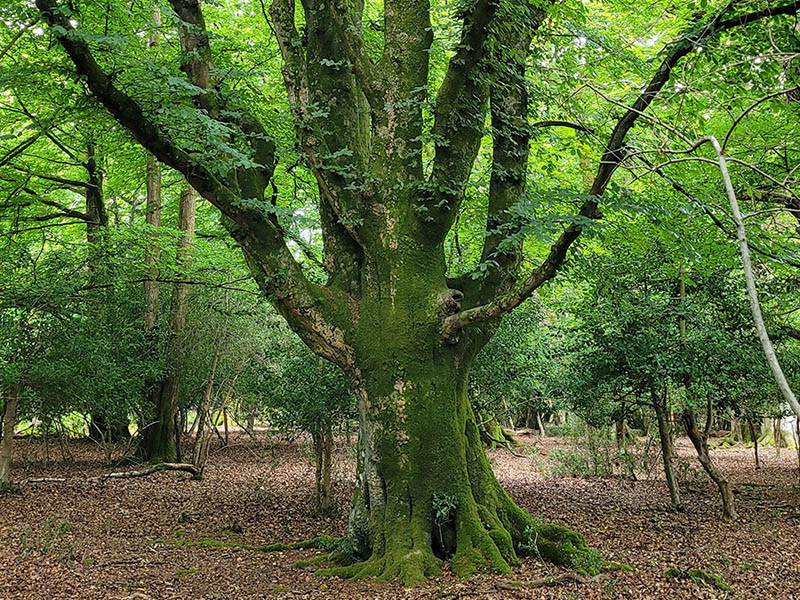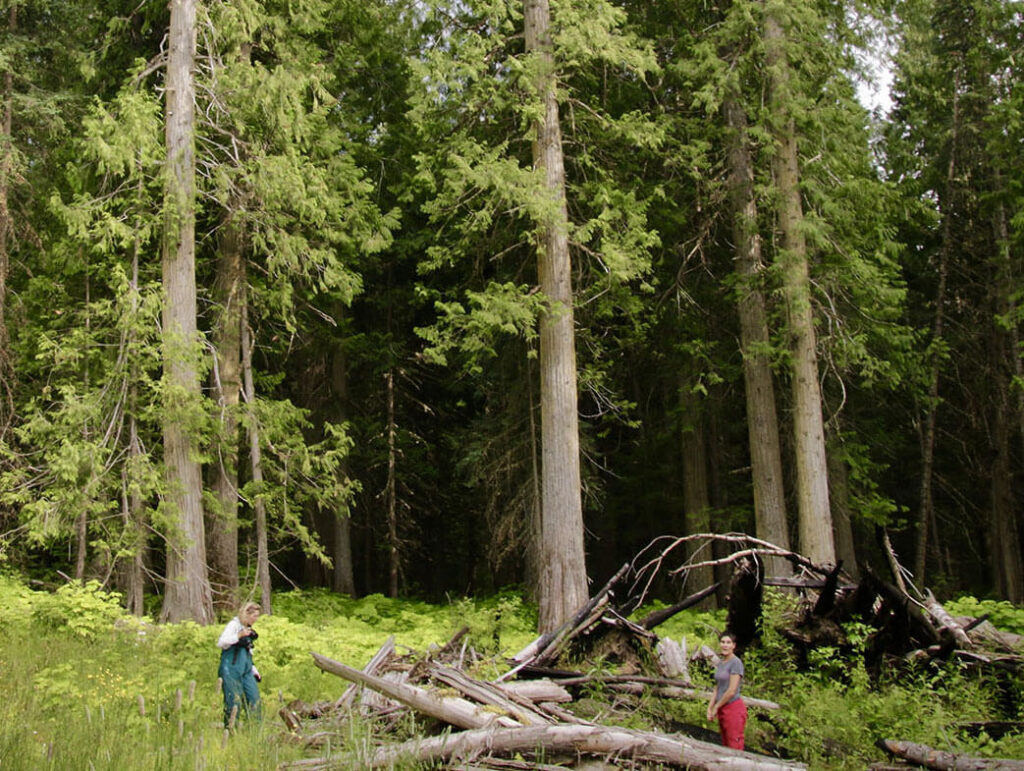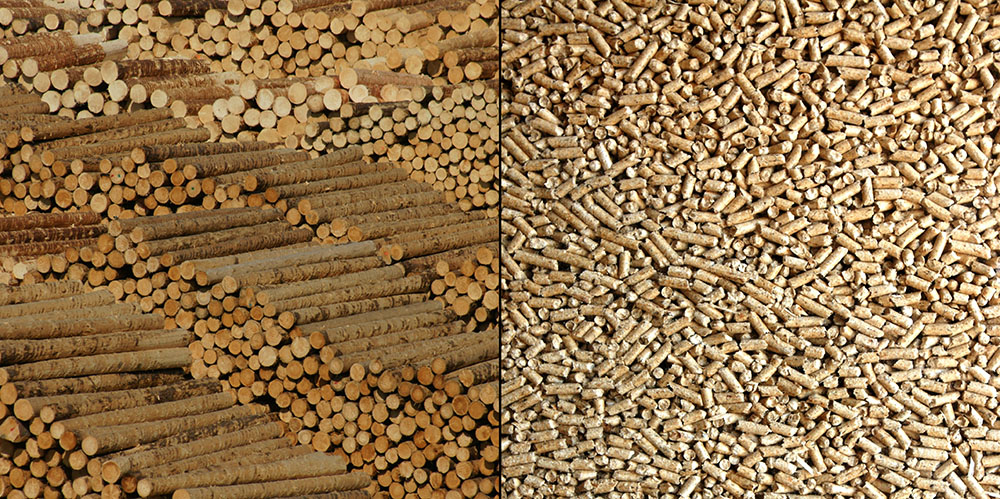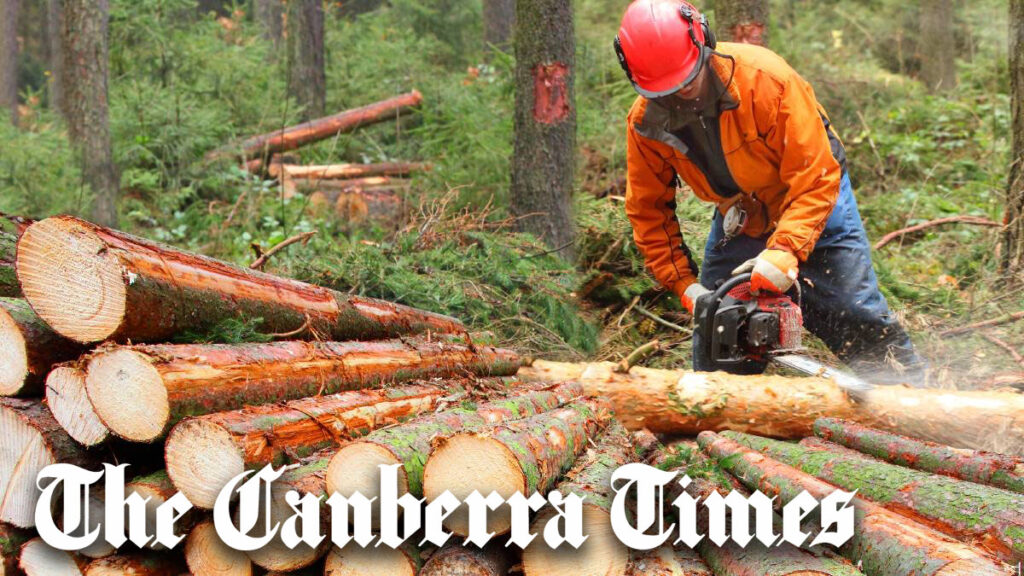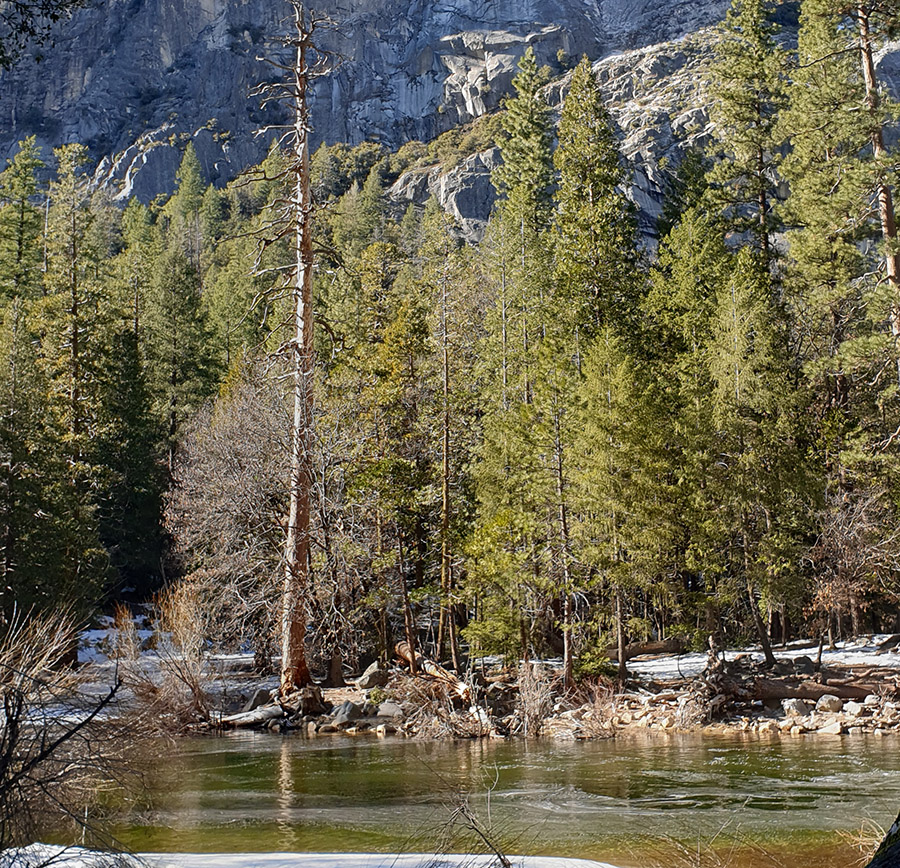Heather is a Senior Research Fellow at Griffith University. Her research is aimed at understanding the functioning of terrestrial ecosystems, particularly forests, to improve their management for conservation and climate change mitigation.
Heather's expertise lays in integrating field and experimental data with spatial data to scale up information about ecosystems across landscapes. Her current work is focussed on an international collaboration on primary forests, their identification, assessment of carbon stocks, provision of ecosystem services, role in climate change mitigation, and policies for their protection and restoration.
Heather is working on case study regions with temperate and boreal primary forests are in Europe, Canada, Siberia and Australia. Here, she synthesises ecological information, in the form of ecosystem accounts, which are then applied in assessing trade-offs in the use of different ecosystem services and provide the information base for policies for climate change mitigation and forest management.



